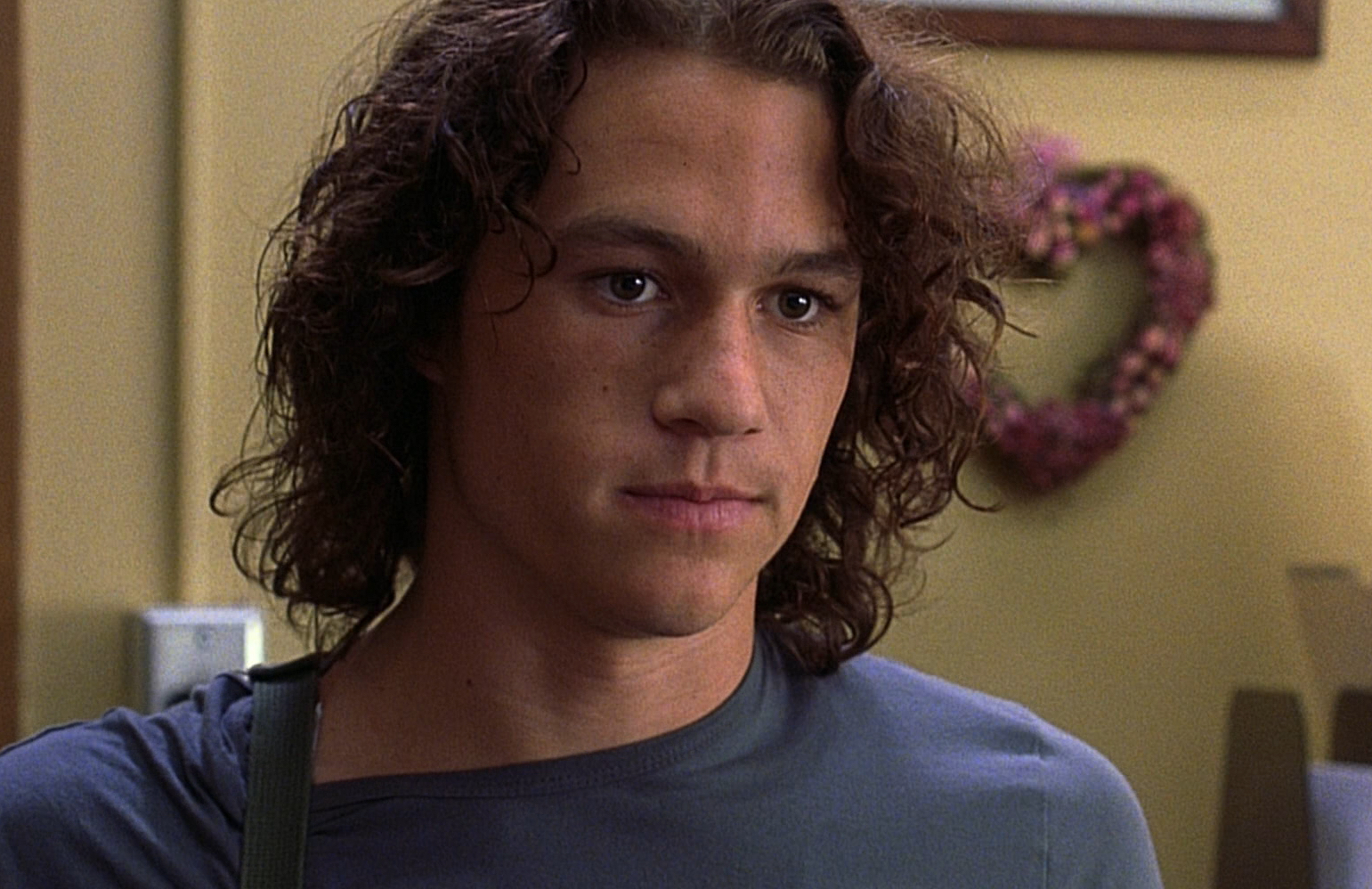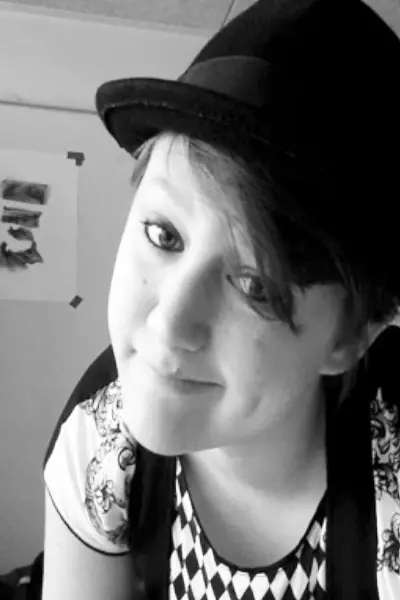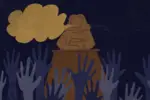We’ve all been there.
Everyone needs English credits, and that means that every introductory English class is flooded with math majors, economists, biologists and, among the troves of students, that one really attractive English major.
But without the elite knowledge gained from writing an essay a week for who knows how many years, it can be hard to get that special person to notice you, much less get them to realize your true feelings.
Luckily, you have me, an ex-English major who was around long enough to glean all the secrets, but not so long that I feel guilty about sharing with you.
1. Speak Their Language
First and foremost, you have to get the English major’s attention. The easiest way to do that, of course, would be to try reading out loud in class, but given you’re interested in this person, stumbling over your words and forgetting how to pronounce “chasm” maybe isn’t the most effective way to make a first impression.
The solution? Become a thesaurus. Using needlessly complex words in every other sentence may seem pretentious, but it’s the best way to put yourself on the English major’s radar.
For instance if, next time you’re describing your plans for summer vacation, describe your destination as “bucolic” and make sure to draw attention to the gently rolling hills and softly babbling brook (if you’re not actually vacationing in a pastoral countryside, just lie, it’s worth it).
Want to talk about the newest episode of “Game of Thrones” before class starts? Make sure to mention how Arya’s story conforms to the classic bildungsroman narrative, or how the Oedipal nature of the relationship between the Lannisters and their father.
When speaking in class, make sure to always refer to your book as “the text” and talk about the character’s journey from the beginning to the end of the work.
Juxtaposing said character against a clear foil, often their best friend or rival, gives you an easy way to demonstrate that you know what you’re talking about.
Soon enough the English major you’ve got your eye on will begin to see you as an equal, someone that can understand them when they go off on the significance of the ephemeral nature of Daisy’s name in “The Great Gatsby.” Now, it’s time to make your move.
2. Send Signals Through Symbols
You’ve demonstrated you’re worth pursuing, now it’s time to show them that you’re interested too.
Conventional guides will suggest that the next step is to now try to talk to your crush. They will tell you to make small talk, maybe ask about their interests, determine what things you have in common.
Those aren’t bad next steps, but remember, you’re not trying to woo a theatre major here. Every English major knows the real meat of a text isn’t in the dialogue, but rather the descriptions.
Would “The Yellow Wallpaper” have been nearly as effective if the walls had been a soothing shade of blue? What would have happened if the White Rabbit of “Alice in Wonderland” was black, or if Alex and his Droogs wore grey?
In order to really demonstrate your interest, you’re going to want to change up your color scheme.
Wear red to demonstrate the passion in your heart, a heat that is so intense that you simply cannot hold it within your mortal coil. Make sure your calculator or protractor is always sitting next to your English text, clearly juxtaposing the two.
When that English major looks your way, subtly move the object that represents your own major on top of the book. They’ll get the message.
3. Write Poetry
Ah poetry. If language is a savory meal, poetry is the mouth-watering dessert. Sure, too much can make your teeth rot and your mouth buzz a little from all the sweetness, but the right kind will seriously tie together your dinner.
But what makes a poem good? After all, your future love life could rely on this one single piece of writing, it’s going to have to be more impressive than those haikus you wrote in high school. Don’t you worry my friend, I’m here to help.
The trick to writing impressive poetry is to imbue it with so much meaning that it’s impossible for it not to be clever.
You’ll want to include the usual romantic imagery, hearts, flowers — the wild beauty of nature in that English major’s eyes—but you also want to be purposefully vague.
Does a rushing river symbolize the inexorable force of your relationship to be? Does the babbling brook set the scene for the calm chemistry of what the two of you have together? Is the river really just a metaphor for the blood that courses through your body, heating up and pulsing when your eyes lock?
Why not all of them? The more meaning you can imbibe in your poem, the more profound and impressive it will sound.
Remember that scene in “The Hobbit” when Bilbo and Golem are trading riddles? That’s the level of vague you’re going for. Time can both whittle away the largest mountain and grow the largest tree, an egg is an incubator, a treasure box and a conveniently portable meal. Your love is the same, untrappable, unknowable and indescribable.
The best way tell your cute English major about it is to create a map of stars and let them draw the constellations. They’ll appreciate it even more for the effort they have to make to understand your feelings.
Good luck!
You’ve been prepped. In reading this article, you’ve gone through the character development necessary to interact with that cute English major.
You have traversed the metaphorical desert, fought the dragon of social awkwardness and are now ready to put your skills to use.
Go out, young STEM major, and use the archaic and ivory tower rhetoric I’ve taught you to ingratiate yourself in the exclusive and prestigious world of the English major. Now get out there and flirt!

















